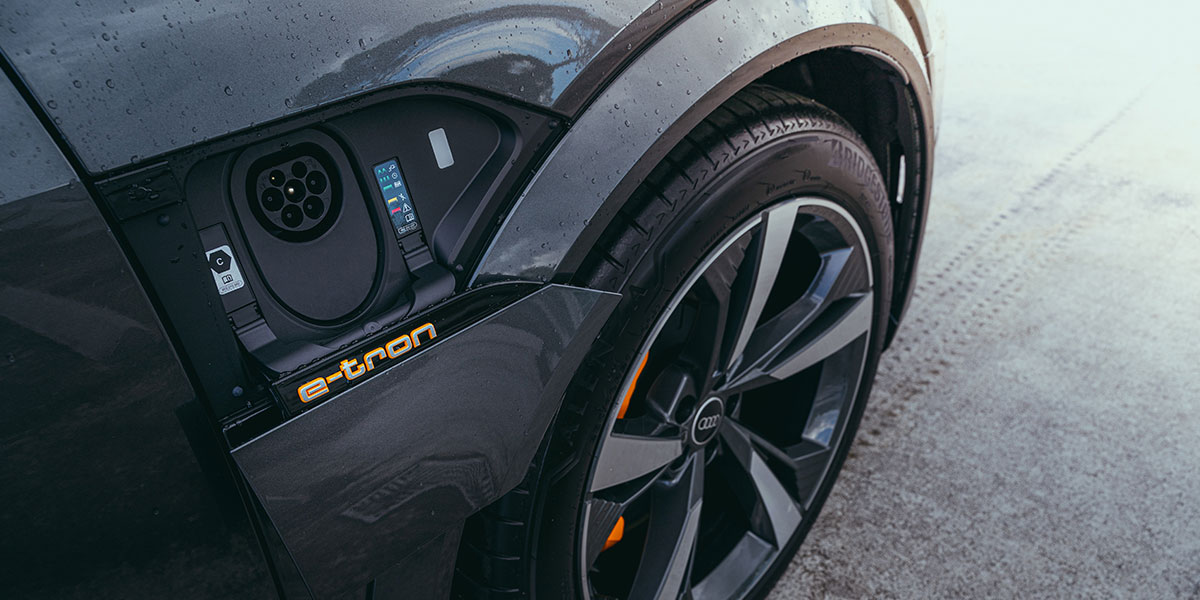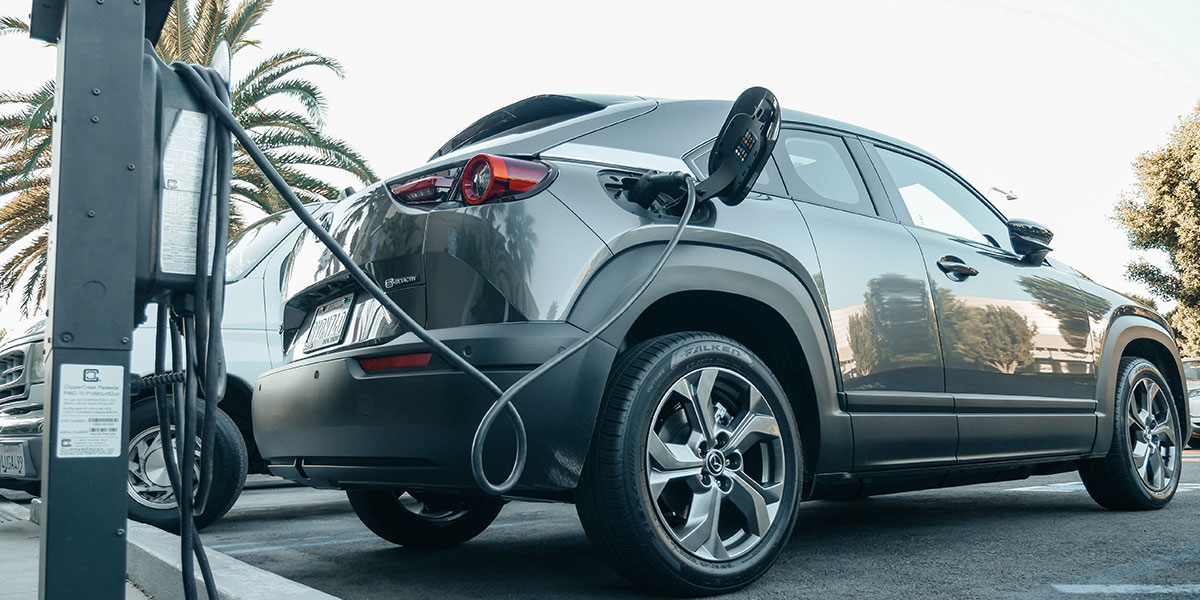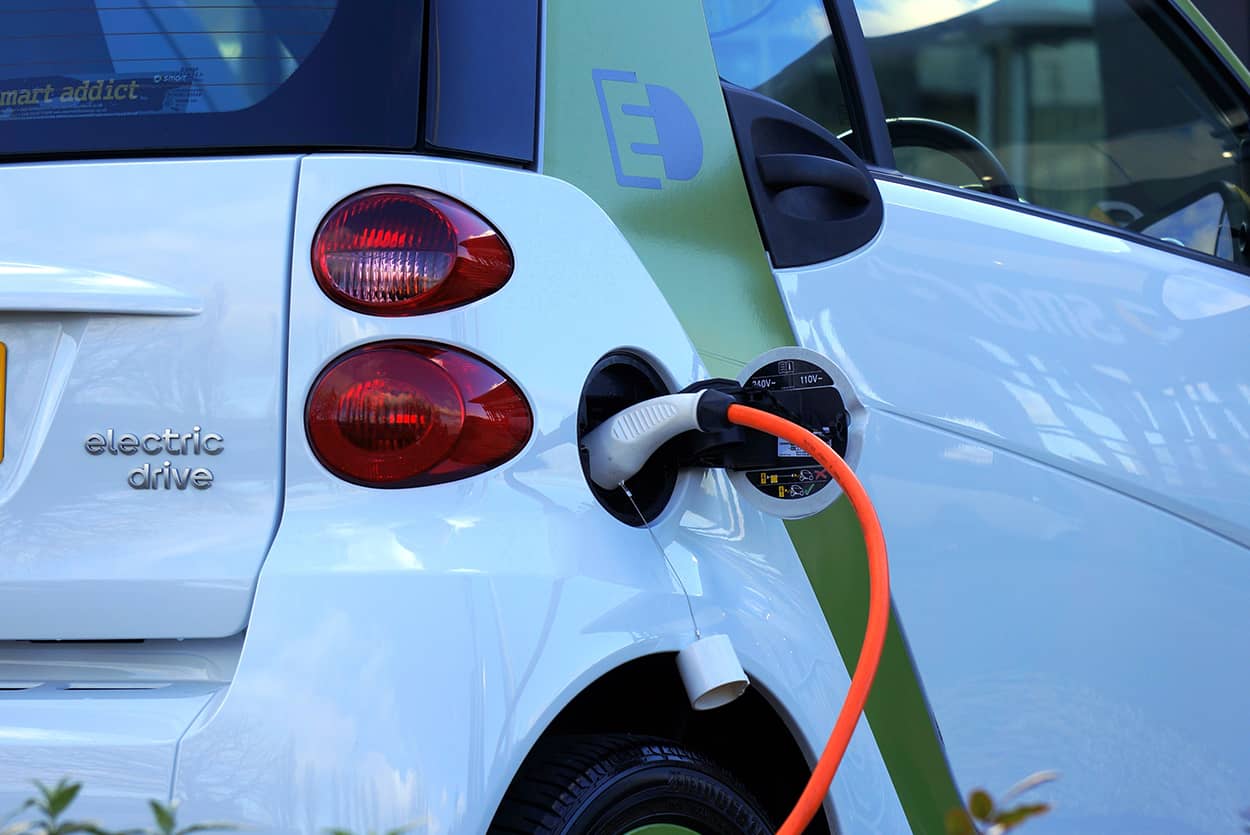In October 2021, the Office for National Statistics reported that over half of younger drivers are looking to switch to an electric car within the next decade. That’s a serious swathe of motorists jumping ship from petrol and diesel vehicles.
But why are drivers making the switch to an electric car, and what benefits could it bring you to follow suit?
The benefits of switching to an electric car
Better for the environment
EVs are playing a major role in the transition to net zero. EVs are all-round better for the environment than their petrol or diesel counterparts – even factoring in the amount of energy required for both their initial production and ongoing running.
For a start, they don’t produce any carbon dioxide, so reduce air pollution. In fact, one electric car can save around 1.5 million grams of CO2 from entering the atmosphere.
Plus, because EVs don’t use diesel fuel, they don’t produce nitrogen oxides, which are harmful particulates that have been linked to poor health indicators, including respiratory illnesses and heart disease.
Minimal noise pollution
As well as reducing air pollution, EVs help with noise pollution, as they’re significantly quieter than petrol or diesel vehicles.
This makes a difference to traffic-dense urban areas, but the relative quietness of EVs also makes them more enjoyable to drive, too. The most you’ll hear from an EV is the slight whirring of its electric motor – you’ll no longer be competing with the rumbles and revs of an engine.
Getting ahead of the petrol ban
From 2030, the sale of new vehicles powered by either petrol or diesel will be banned. You’ll still be able to buy second-hand petrol or diesel vehicles, and there’s wiggle room for hybrid cars too, but otherwise new non-EVS are being phased out in the UK.
Increasing numbers of drivers are making the switch to an electric car in order to get a jump on the petrol ban before it becomes law.
Range
Concerns about the short range of EVs have often put potential buyers off. However, as EVs have begun to take hold of the market, the industry has made leaps and bounds in terms of improving their range.
If you’re considering making the switch to an electric car, it would be worth evaluating your driving habits and needs. If you’re not regularly making long, cumbersome motorway journeys, then your weekly car travel is likely more than within the range of an EV.
Improved charging
As more individuals opt to make the switch to an electric car, both private and public changing infrastructure is rapidly improving. From domestic wall boxes to public charging spots, the options are both getting better and appearing with greater frequency. In fact, some supermarkets offer free charging hubs, and businesses are moving in similar ways to offer employees the chance to charge EVs as they work.
Motorists who opt for Teslas can also benefit from the company’s Supercharger network, which is one of the best charging networks for EVs around.
The UK Government’s Rapid Charging Fund is designed to meet the ever-increasing consumer demand for EV charge points. By 2035, the plan is for around 6,000 high powered charge points to be readily available across the country’s motorways and major A roads.
Low running costs
Admittedly, the initial purchase of an EV can be expensive. However, once you’ve made the switch to an electric car, there are far lower running costs involved.
There’s inevitably variation between the make and model of vehicle, as well as between electricity providers, but a full charge of an EV only costs a few pounds, which is significantly less than it costs to fill a tank with fuel. Given the fluctuation in fuel prices, this is one of the key benefits to EVs at the present time.
There are also various incentives for switching to an EV, from benefitting from a plug-in grant through to tax exemption for company cars.
Plus, EVs are both cheaper and easier to maintain compared to gas-powered vehicles, as they have fewer parts and generally suffer less wear and tear.
Find out how we can help you switch to an electric car
If you’re ready to make the switch to an EV, our helpful team can get you a no-obligation electric car loan quote in minutes. We’re easy to reach on 01246 458 810, or you can email us at enquiries@mycarcredit.co.uk.
Rates from 9.9% APR. Representative APR 12.4%
Evolution Funding Ltd T/A My Car Credit
Require more help?
Got a question you can’t find the answer to, or need some advice and guidance around taking out car finance? Our Car Credit Specialists are friendly, experienced, and here to help so get in touch today!








